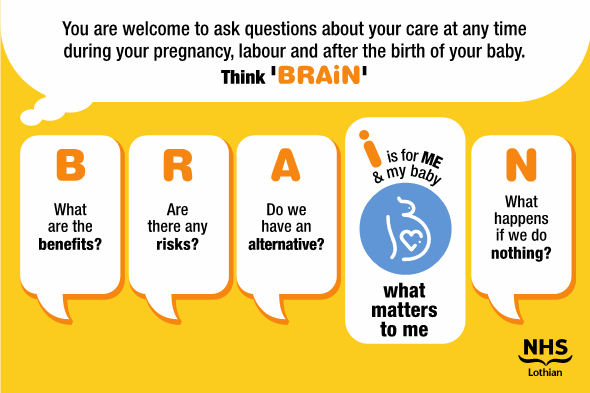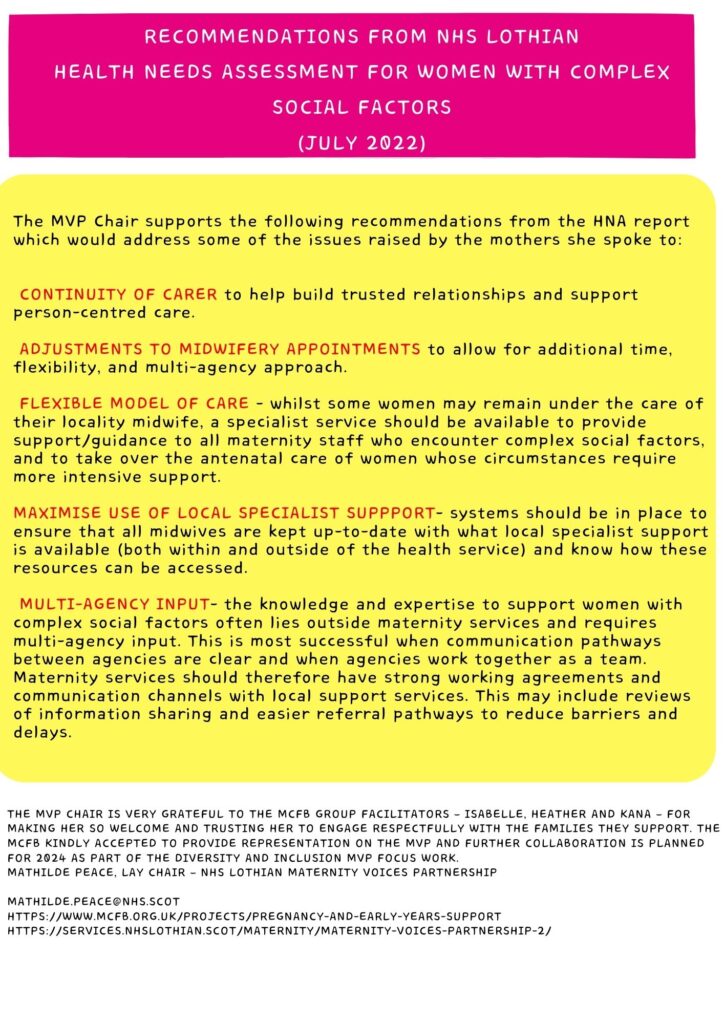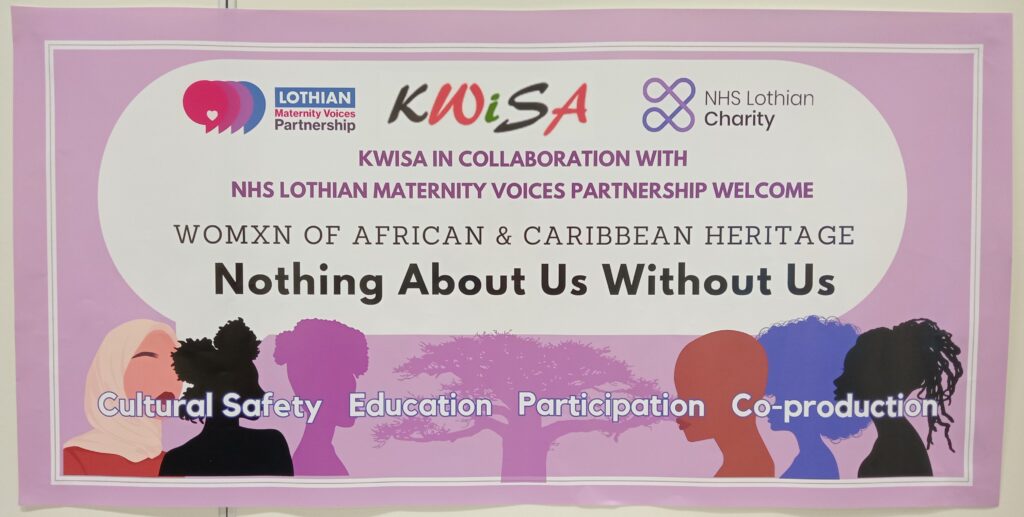We are taking action and making improvements as a result of what you said to us. This page will be updated regularly to tell you about our progress. Latest update: 6 February 2024.
Thank you for telling us about your maternity care. Your feedback makes a difference!
Induction of Labour
The Maternity Voices Partnership gets a lot of comments about induction of labour. This should be expected as just under 30% women and birthing people are induced in NHS Lothian. The induction rate in NHS Lothian is lower than the average rate for Scotland which is 35%.
The comments we receive are about the delays experienced when coming in to have the induction process started and, at a later stage, to get transferred to the Labour Ward. We also hear comments about not being given enough information about how inductions can make labour more painful and how the whole process can take a few days.
The MVP is working with NHS Lothian maternity services to address the delays issues: we are supporting NHS Lothian plan to create a specialist team of midwives who would do all the inductions. There would also be an induction clinic where information would be given about the choices for induction methods and any questions answered.
The MVP reviewed the information available to women and created a new section about Induction of Labour on this website. This was developed in collaboration the MVP lay members.
The new information leaflet is also available for view on this website.
NHS Lothian are planning to make a video to explain the induction process that will be added to the website.
The MVP gathered detailed feedback from women who had an induction. From these personal experiences we created posters and a portfolio of their testimonies which are now part of the training midwives receive in the hospital.
Having the Necessary Information to Make Decisions about Care Options and Giving Consent
The MVP ran an online survey about “making decisions about care options and giving consent” in September and October 2017 and received 3000 replies from women who had had their baby in Lothian (in the previous 5 years).
The MVP designed a sticker to support meaningful discussions about care options. This ‘BRAIN’ sticker is now given to every women and birthing persons at their ‘booking’ appointment (the first appointment with a midwife). This is available in the languages most spoken in the Lothians.

The MVP is planning an evaluation of this initiative to see if it helps and discuss what can be further improved.
Welcoming More Diverse Members to the MVP
1. The MVP and Edinburgh University Pregnancy Research Team were granted funding to improve the diversity of the MVP membership.
The MVP Diversity Project uses both a traditional approach (in-person visits to various organisations who support people from various cultural and ethnic backgrounds or with socio-economic vulnerabilities) and an online campaign (with a targeted approach) are currently in process.
The visits provide an opportunity to hear from women who, for a number of reasons, do not access any feedback channels. Their personal experience of maternity care will be shared with NHS Lothian to support staff training.
This what we have heard so far:




2. The MVP also received funding from NHS Lothian Charity to support a collaborative project between the MVP and KWISA a local charity that supports women of African or Caribbean descent.
This initiative – “ Nothing About Us, Without Us” – is a community collaboration between the Edinburgh-based charity KWISA and NHS Lothian Maternity Voices Partnership. It aims to promote positive pregnancy experiences and good birth outcomes for women of African or Caribbean descent and their babies. We held a number of events in 2023 with a cumulative attendance of over 120 participants. We are writing a report to present what we heard on the themes of advocacy and choice, maternity care and cultural traditions. The aim is to strengthen mutual respect and understanding of different cultures to empower both women and NHS staff. A second phase of engagement is planned for 2024.














